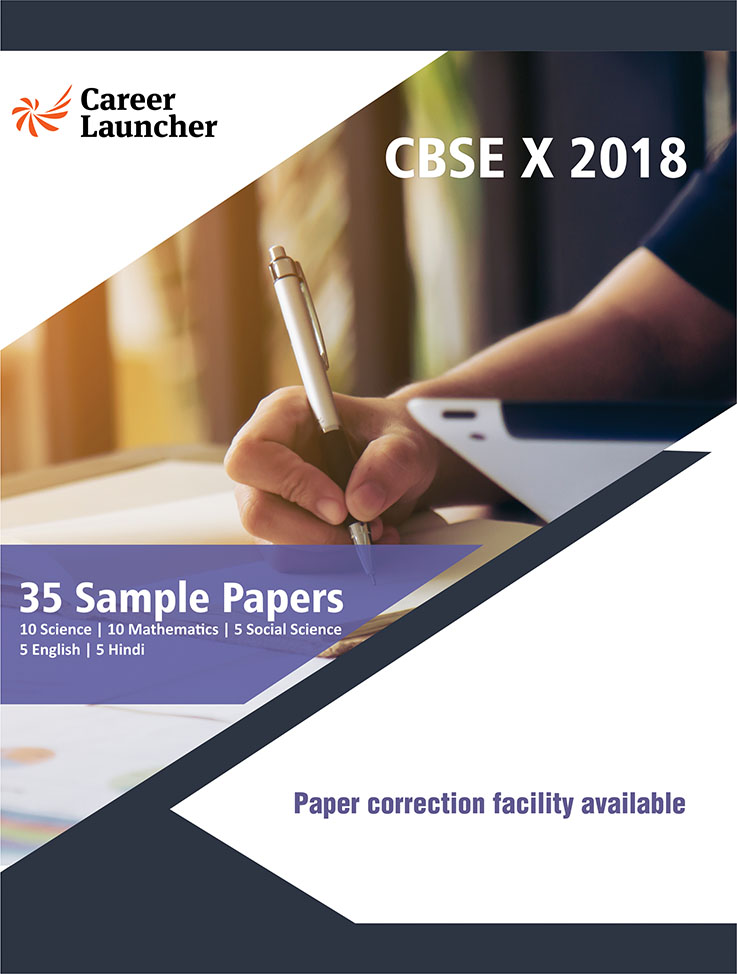CBSE- Heredity and Evolution-Sample Questions
HEREDITY AND EVOLUTION
PREVIOUS YEAR QUESTIONS
PREVIOUS YEAR QUESTIONS
1. "We cannot pass on to our progeny the experiences and qualifications earned during our life time". Justify the statement giving reason and examples. (CBSE 2015)
2. How many pairs of chromosomes are present in human beings? Out of these how many are sex Chromosomes? How many types of sex chromosomes are found in human beings?) "The sex of a newborn child is a matter of chance and none of the parents may be considered responsible for it". Draw a flow chart showing determination of sex of a newborn to justify this statement. (CBSE 2015)
3. Tabulate two distinguishing features between acquired traits and inherited traits with one example of each. (CBSE2013)
4. “The sex of a newborn child is a matter of chance and none of the parents may be considered responsible for it.” Justify this statement with the help of flow chart showing determination of sex of a newborn. (CBSE 2013)
5. A cross was made between pure breeding pea plants one with round and green seeds and the Other with wrinkled and yellow seeds.
(a) Write the phenotype of F1progeny. Give reason for your answer.
(b) Write the different types of F2 progeny obtained along with their ratio when F1 progeny was selfed (CBSE 2014)
6. Define the term �evolution�. “Evolution cannot be equated with progress”. Justify this statement (CBSE 2012)
7. Distinguish between homologous organs and analogous organs. In which category would you place wings of a bird and wings of a bat? Justify your answer giving a suitable reason. (CBSE 2012)
8. Explain the terms:
(i)Speciation (ii)Natural selection (CBSE 2011)
9. Explain Mendel�s law of independent inheritance. Give one example (CBSE 2011)
10. (a) Give the evidence that the birds have evolved from reptiles.
(b) Insects, octopus, planarian and vertebrates possess eyes. Can we group these animals together on the basis of eyes that they possess? Justify your answer giving reason. (CBSE 2014)

